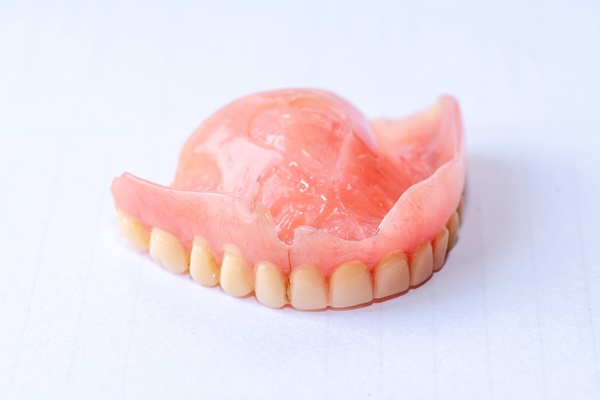4 Daily Tips for Managing Bad Breath

Bad breath, or halitosis, is a condition that no one wants to have. Despite brushing and flossing every day, bad breath happens to everyone at times. Luckily, there are several ways you can improve your halitosis. If simple methods do not work, you should schedule an appointment with your doctor to find out if it is a symptom of an underlying condition.
Bad breath control
Many causes of halitosis are preventable and easily treated. Halitosis is caused by many factors, including poor oral hygiene, a dry mouth and certain foods. People can fend off halitosis by developing good oral health habits and making changes to their diets. Here are four daily tips for managing bad breath.
Brushing
Brushing teeth properly is an effective way of fighting against bad breath. Brushing teeth twice a day will help whisk away odors. It is important to cover all the areas in the mouth. This involves brushing all surfaces of the teeth, including the inside portion of the teeth near the tongue and palate and the gumline. To eliminate bad breath, a person should brush the entire tongue surface where bacteria tend to linger after brushing the teeth and gumline. The tongue gets a great deal of bacteria buildup, which can contribute to bad breath.
Flossing
Flossing is an important component of good oral health. Flossing removes the bacteria and plaque buildup from between the teeth that toothbrushes usually cannot get rid of. This should be done at least once a day. Flossing also rids the mouth of debris and food particles. If these are left between teeth, they will rot, which smells foul.
Saliva production
One problem that can cause halitosis or make it worse is having a dry mouth. It occurs when there is not enough saliva in the mouth. Saliva lubricates and cleanses the mouth and helps flush out the bad bacteria. Dry mouth causes bad breath because food particles remain trapped in the mouth, and they eventually rot and cause an unpleasant smell when someone exhales.
Drinking plenty of water is recommended. A person should carry a water bottle and take sips frequently. It is advisable to avoid acidic beverages such as soda, orange juice and any drink that contains phosphoric or citric acid. Dry mouth and acid together is a breeding ground for dental cavities.
Chewing sugar-free gum and sucking sugarless candies can stimulate saliva production. Using sugar-free products is recommended because sugar can help feed bacteria, which will make bad breath worse once the gum is gone. Sugar in gum may also cause tooth decay. Artificial saliva prescribed by a dentist can help moisten the mouth and reduce the risk of bad breath.
Diet changes
People can benefit from choosing foods carefully. Certain foods are naturally harsh on the breath. Pungent seasonings such as vinegar and garlic can linger after meals, so these foods should be eaten sparingly. Avoiding sticky, sugary foods that linger on the teeth for a long time is also recommended.
Takeaway
You do not have to suffer from halitosis any longer. By brushing and flossing daily, maintaining adequate saliva in the mouth and choosing food carefully, you can keep your breath fresh. Regularly visiting your general dentistry is also recommended. These tips will assist you in managing and eliminating your experience with halitosis.
Request an appointment here: https://www.scmountaindental.com or call Brent C. Lay, DDS at (408) 500-0813 for an appointment in our Los Gatos office.
Check out what others are saying about our dental services on Yelp: Bad Breath in Los Gatos, CA.
Recent Posts
If you're getting tooth removal and dentures, don't worry; the procedure is safe and comfortable. Both procedures involve the removal of your diseased teeth and replacing them with new artificial teeth that look and feel very much like your original teeth—sometimes even better! This article will provide you with a basic overview of tooth removal…
A smile makeover often leads to increased self-esteem and confidence. Having a radiant, healthy smile also gives you increased success during professional and personal interactions. People with great smiles are often perceived as attractive and successful, while those with unsightly smiles are sometimes viewed as unclean and unsuccessful. A smile makeover is a combination of…
Getting dental implants can be intimidating, especially if you do not know much about the process. This article will discuss the general steps that happen after a patient decides that they want to receive dental implants. We will discuss some of the considerations and conditions that need to be present after the surgery.The first step…
Learning about what to do during a dental emergency is a good idea. Read on to learn when you should seek urgent treatment during a dental emergency. A dental emergency, such as a tooth injury, hardly occurs with a warning. It could be a bad fall or a blow to the mouth during contact sports…


